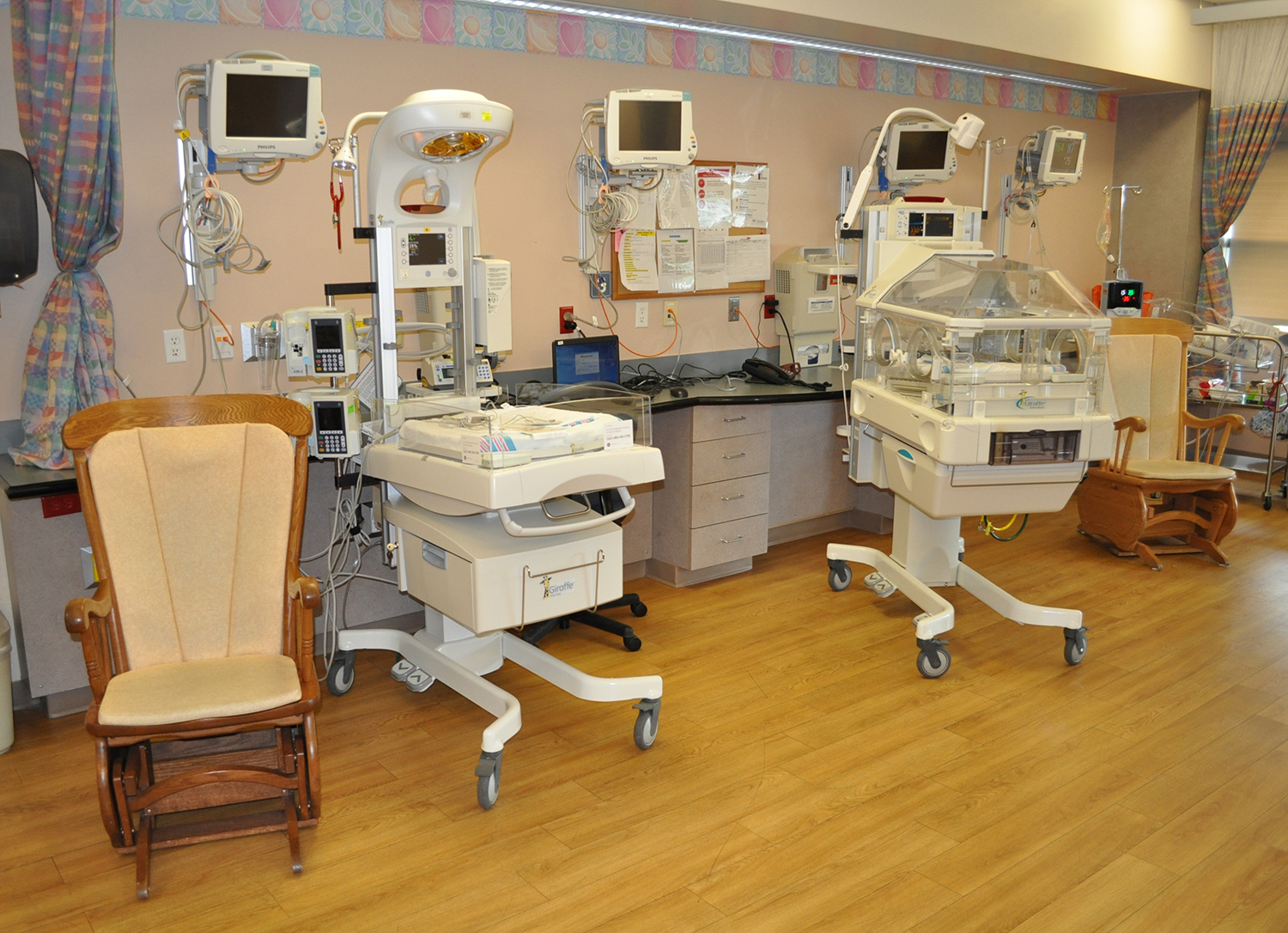Neonatal care at Colliery Hospital

Feature Lindani Dube
HEALTH care practitioners are tasked with the delicate duty of ensuring that babies born prematurely at Colliery Hospital in Hwange, Matabeleland North province, get a shot at life. The maternity ward admits pregnant women at 24 weeks and monitors the mother and baby until it is safe to deliver. One striking observation one will make upon entering the ward is the positive vibe exuded by staff members.
Nurse-in-charge, Mr John Ngoshe said ensuring that pre-term babies survive their hospital stint is challenging when complications arise but fulfilling and rewarding when success is realised.
“When the premature baby is born, you want to try and cater for its feeds and ensure it not only grows but survives. We also try to look after the mother and intervene if any complications arise in the process,” said Mr Ngoshe. He said teamwork is crucial in caring for premature babies as collective efforts have always been the bedrock of the section’s success.
“With the resources we have, we try and ensure that the work is carried out properly. Teamwork is crucial among us as we galvanise collective efforts from other hospital staff members like doctors, matrons and nurses.”
Premature babies that have a larger shot at survival are usually born at around 35 weeks or six months of pregnancy and if given proper care and treatment can push their body weight to about 2,2 kgs.
“Neonates usually lose weight drastically during their first week of birth, but gain weight as time progresses. When the baby’s weight stabilises around the 2,2 kgs region without complications, we can discharge it from hospital.
“It really is a marvel to watch them grow from the tiny size to a normal sized baby,” said Mr Ngoshe. “As the babies grow, we intensify the feeds and monitor their development and tolerance levels. Breast milk is expressed from the mother, and then the baby is fed through a nasogastric tube from the nose to stomach every three hours.”
Mr Ngoshe said the team exercises extreme caution when feeding preterm babies as a lot of calculation and meticulous handling is needed to avoid overfeeding and vomiting. “As an alternative or addition to breast milk, 10 percent Dextrose can be administered to the baby to boost energy levels.
“We also realise that during the feeding regime babies require iron supplements, on a daily basis right up to the age of three months. “Mothers are encouraged to continue giving their babies iron supplements to boost their haemoglobin levels,” he said.
Checking on the baby constantly is standard procedure because premature babies can forget to breathe, and by virtue of prematurity their oxygen intake can be epileptic, explained Mr Ngoshe. “When we observe vomiting after feeds, we quickly rush to suction the milk out.
“The babies can be a bit difficult and need constant checking and observation,” said Sister Beauty Ncube, a midwife at the ward. She said the treatment given to premature babies in their first week includes antibiotic cover, because neonates are highly susceptible to varying forms of infection. “When a neonate is discharged from hospital, we feel we’ve done a good job, we feel good and blessed as there are indeed no guarantees when these premature babies are born.
“We’ve observed over the years that girl neonates have a fighting spirit and usually make it as compared to premature boys,” said Sister Ncube. Some preterm babies are born with a sucking reflex and do not need the nasogastric tube or cups for feeding. The team tries to establish if they have milk sucking capabilities in their first week, if not, the babies are kept within the ward until they start feeding from the mother’s breast.
“Kangaroo care”, which is chest to chest and skin on skin nursing of the premature baby by the mother – only authorised in instances where the baby has no complications, is a common phenomenon at the ward. Kangaroo care nursing is reportedly proven to facilitate faster growth of the preterm babies.
Counselling is one big part of the team’s work. The care of premature babies involves many other family members who in most cases are justifiably anxious around the baby. “Family members are usually anxious and inquisitive about the condition of the baby; we always want to tell them what we’re doing for both the mother and child.
“The panic is usually from the thought of their relatives dying but we always try and counsel them to the best of our abilities,” said Mr Ngoshe. Turning to the provision of resources, Mr Ngoshe said the hospital through its various partners endeavoured to provide its patients with the best medical care.
Recently, the Hwange Colliery Company Limited purchased a multi-purpose resuscitation machine. The piece of equipment has built-in suction, oxygen, lighting and heater components to shelter neonates from hypothermic conditions.
In light of this positive development, Mr Ngoshe said the ward would also be pleased to add incubators and a monitor for observations of post-delivery hypertension in mothers to the catalogue.
The monitor is also instrumental in measuring the respiratory rate, checking the pulse as well as obtaining regular accurate readings of the baby’s state. Ms Zinzile Nyathi, a mother to a preterm baby is forever grateful for the neonatal care her baby received from the hospital.
“The treatment I received was very professional. The team is a big part of my happiness and life now. I call Mr Ngoshe and Sister Ncube from time to time informing them how the baby is doing,” said Ms Nyathi. “Rethabile was my first baby, so they had to teach me how to take care of a baby in general and specifically a preterm.
She was born after five months of pregnancy, weighing approximately 1,6 kgs but I’m thankful for the team’s great work as my baby was only in hospital for a month and two weeks.











Comments